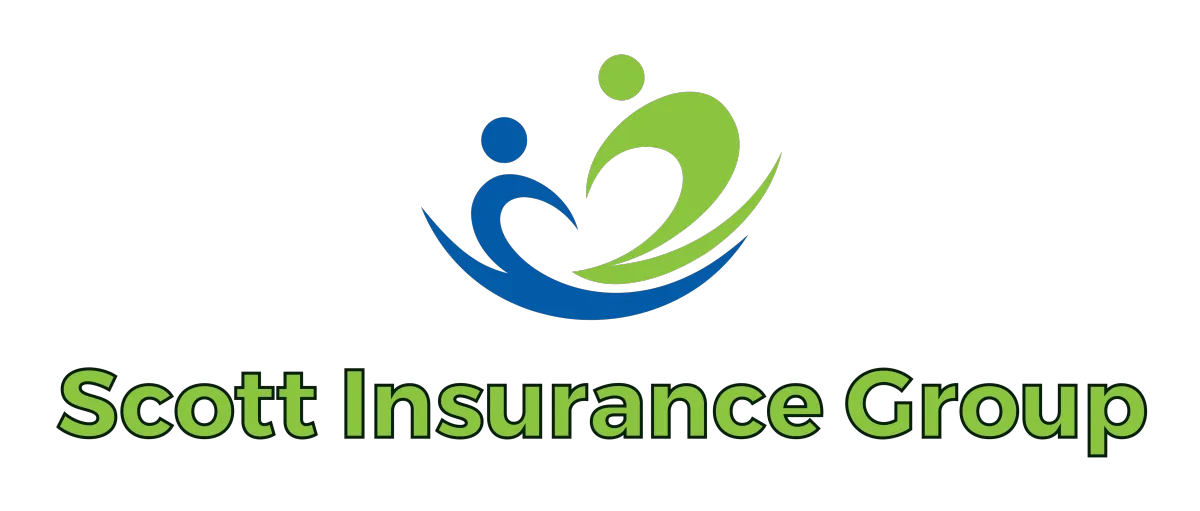Get Help With Life Insurance

The Three Basic Types of Life Insurance “Pros” and “Cons”
Term Life
Term life insurance covers you for a set period of time, called the policy term, which begins and ends on specific dates. For example, a ten-year policy term would provide coverage for ten years. Benefits will be paid only if you die within that time.
Pros
Often provides the greatest amount of insurance for the lowest amount of premium.
Flexible policy period (can usually buy for 1, 10 or 20-year term).
The death benefit is not taxed.
May be convertible to whole life or other type of permanent insurance without evidence of insurability.
Cons
Is more difficult to buy and more expensive if purchased when you are older, because the odds of dying increase as you age.
Once the term ends, you must renew or lose your insurance. The premiums on the renewal policy are likely to be much higher than the premiums on your original policy, especially if your health has deteriorated.
Has no cash value and does not pay interest or dividends.
Final Expense
Final expense insurance, also referred to as burial insurance,
covers end-of-life expenses including funeral arrangements and any remaining medical or legal expenses that will need to be settled by your beneficiary.
Pros
Premiums generally don’t increase with age.
Protects you your entire life (isdfsdf kept) and is not subject to non-renewal.
Cash values are guaranteed, and you can take out a loan against the policy or surrender it for cash.
Cash values grow on a tax-deferred basis; you pay taxes on interest and earnings only when they are withdrawn.
Cons
Higher cost initially than term life.
Long term commitment required.
Dividends can be reduced by low interest rates.
Cash value accumulates slowly during the first few policy years, so you may lose much of your money if you surrender the policy within 3-5 years from the time of purchase.
Whole Life
Whole life insurance is a kind of permanent insurance that stays in force for your whole life (unlike term insurance), as long as you pay the premiums. Whole life insurance combines a death benefit with a cash savings feature. Part of each premium goes to pay for the death benefit, part to pay the insurer’s expenses and profit, and part is placed in an account that accumulates interest over time. You may borrow against the policy’s cash value by taking a policy loan to meet unexpected expenses.
Pros
Premiums generally don’t increase with age.
Protects you your entire life (if kept) and is not subject to non-renewal.
Cash values are guaranteed, and you can take out a loan against the policy or surrender it for cash.
Cash values grow on a tax-deferred basis; you pay taxes on interest and earnings only when they are withdrawn.
Cons
Higher cost initially than term life.
Long term commitment required.
Dividends can be reduced by low interest rates.
Cash value accumulates slowly during the first few policy years, so you may lose much of your money if you surrender the policy within 3-5 years from the time of purchase.
Scott Insurance Agency
607 Ronald Reagan Drive #343 Evans, GA 30809
THE MEDICARE PLAN COVERAGE PROFESSIONALS
Call us now for a FREE QUOTE
We do not offer every plan available in your area. Currently we represent 8 organizations which offer 50 products in your area. Please contact Medicare.gov, 1-800-MEDICARE, or your local State Health Insurance Program (SHIP) to get information on all of your options.
